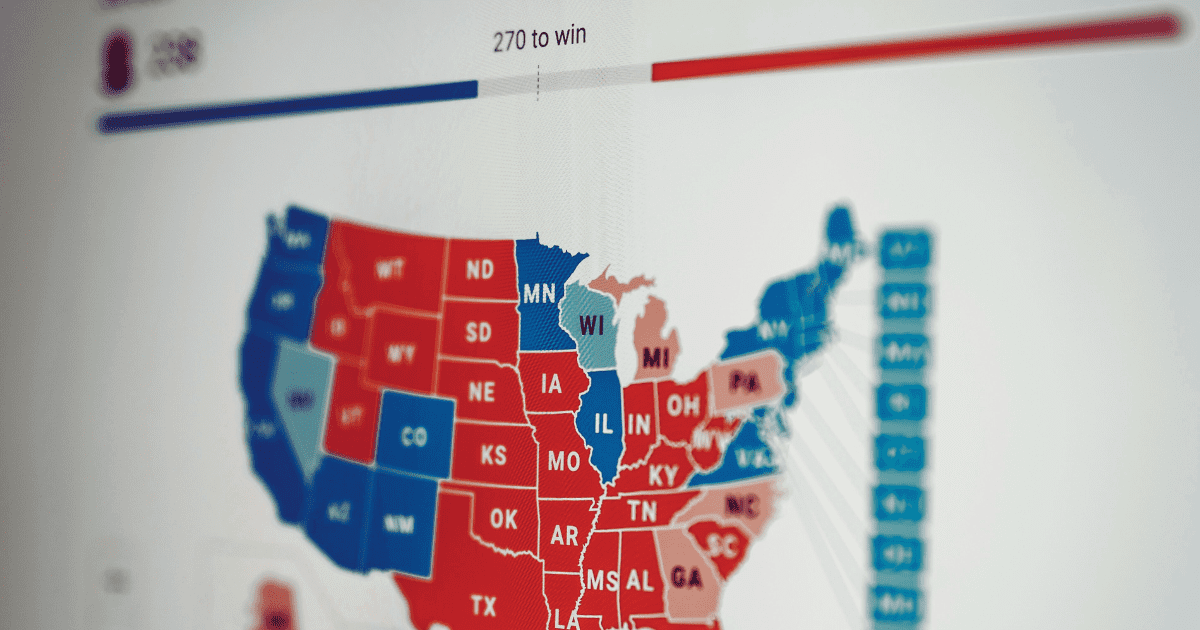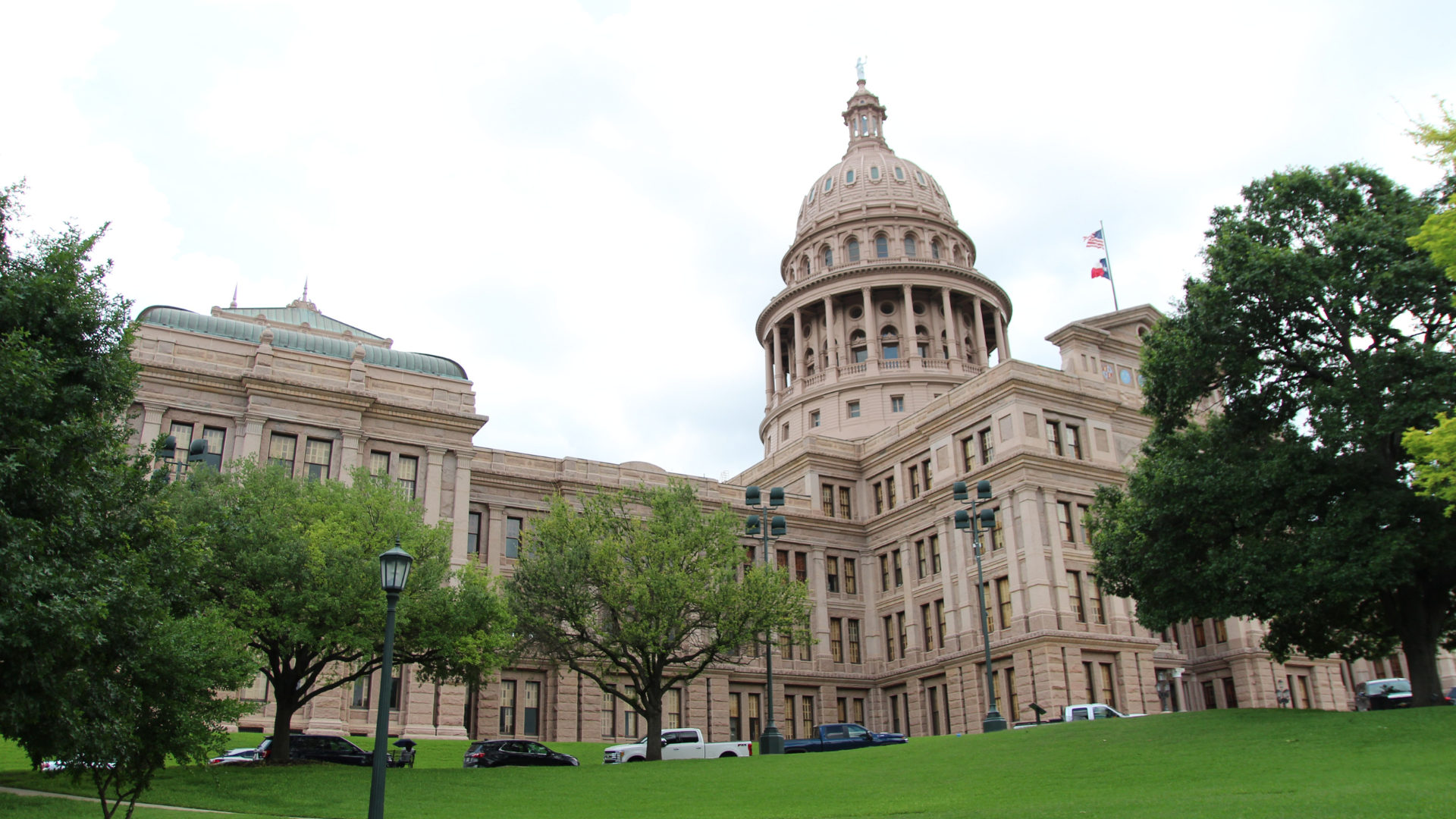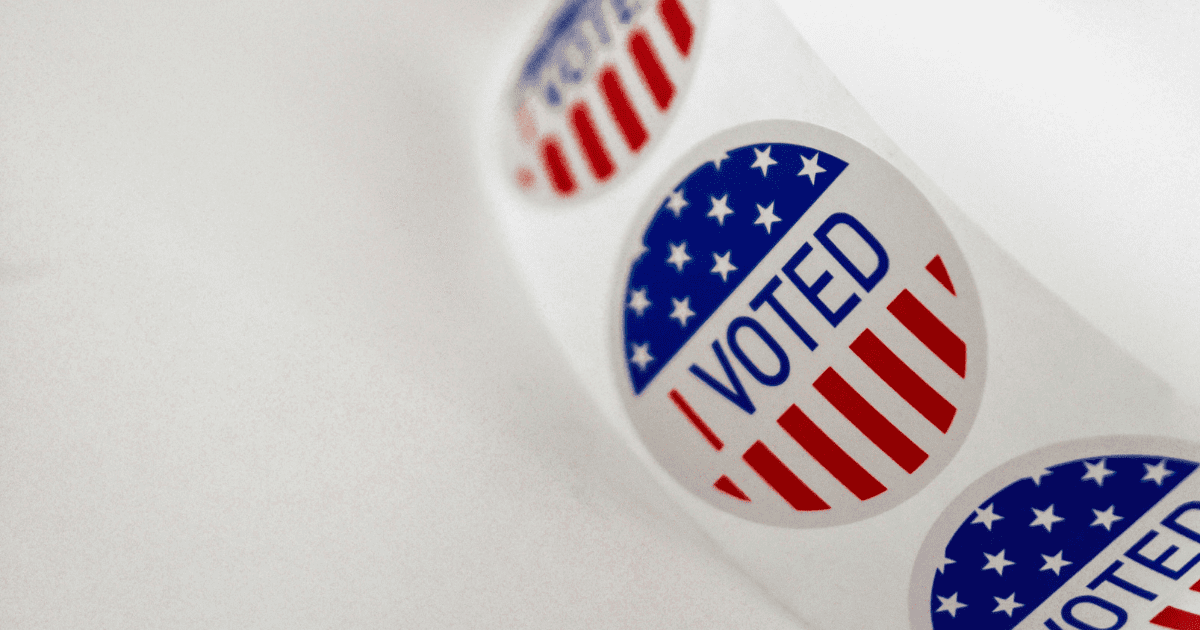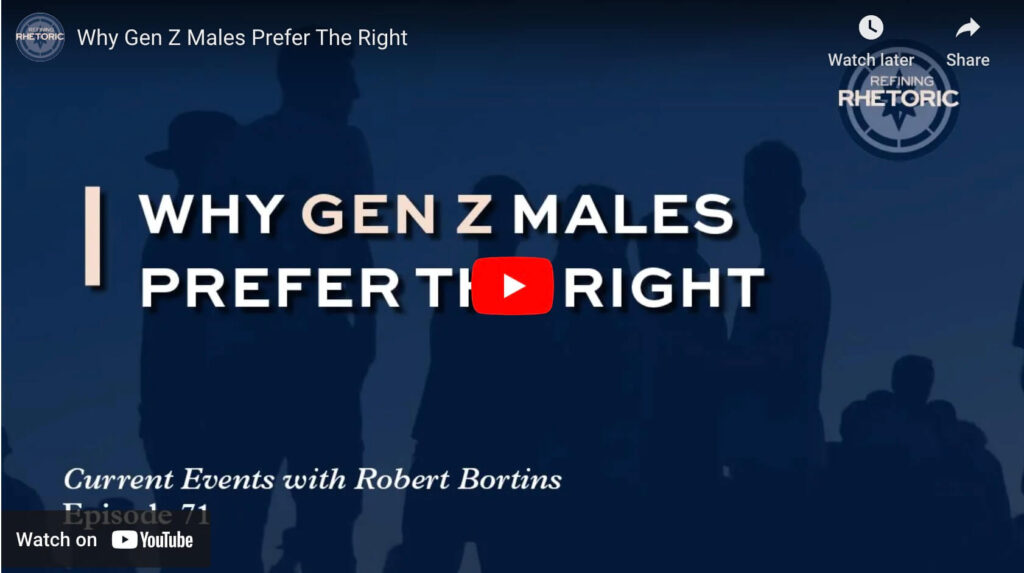by Tom Kenney
“Let the peoples praise you, O God;
let all the peoples praise you!
Let the nations be glad and sing for you,
for you judge the peoples with equity
and guide the nations upon earth.
Let the peoples praise you, O God;
let all the peoples praise you!”
Psalm 67:3-5 (ESV)
“One generation shall commend your works to another,
and shall declare your mighty acts.”
Psalm 145:4 (ESV)
Although the foundational message of scripture is redemption through the work of Christ, Global Redemption is the historical conduit that ties together the Bible’s narrative from creation to consummation. Moreover, take a thorough reading of the Old Testament and two themes will stand out:
- Global redemption has always been a part of God’s restorative plan.
- Time and time again, God’s people failed to commend the Lord’s instruction to the next generation.
For Christian parents, these two principles are foundational imperatives for discipling children. We aim to create worshipers who worship by spreading the worship of God to the globe. As John Piper points out, the essential drive of missions is worship.
“Missions is not the ultimate goal of the church. Worship is. Missions exists because worship doesn’t. Worship is ultimate, not missions, because God is ultimate, not man. When this age is over and the countless millions of the redeemed fall on their faces before the throne of God, missions will be no more. It is a temporary necessity.
But worship abides forever. Worship, therefore, is the fuel and goal of missions. In missions, we simply aim to bring the nations into the white-hot enjoyment of God’s glory. The goal of missions is the gladness of the peoples in the greatness of God.“1
Given this, it is our task as parents to commend this instruction to the next generation. After 42 years of pastoring a delightfully mission-minded church, I’m aware of how Satan tempts us to stifle missions interest in our children (we have four grown kids). With apologies to C.S. Lewis and huge admiration for his Screwtape Letters, I offer the following to illustrate some of the Adversary’s strategies for hindering our parental great commission.
Dear Nephew,
I hear you have access to some well-intentioned but delusional parents. Not only have they bought into the enemy’s lie, they want to rear their children to join his cause. I believe the term they use is ‘missions-minded.’ Might I suggest you plant the following ideas in the heads of these parents? Fortunately for our side, these won’t seem out of step with most of their peers, even the churched ones.
1. Don’t let your child catch wind of the fact that religion of all stripes is booming around the globe. Let him assume that the secularization he sees around him in the U.S. is the norm globally. No one is listening or responding to the gospel, so why go? Why waste his life?
2. Don’t expose her to a church that thinks missions is normative for all growing disciples. Burn a book like Parkinson’s analysis of 2 Peter 1:3-8 in The Peter Principle that makes missions-minded love for all peoples in all the world the very pinnacle of discipleship. Don’t let her get close enough to adults who find joy in living sacrificially for the gospel, it will do strange things to her mind and heart. Guide them to a church that has decided to do local missions instead of global missions. Dichotomous thinking: Once adopted, it’s a helpful mindset for our cause.
3. Don’t let him realize that the Bible is a book about missions; it is written by people on mission to a people supposed to be on mission. Its central theme is God’s mission to reclaim His kingdom. Let him settle for the Bible as a book designed to keep him happy and comfort him when things are down. Extol the Hallmark card value of the Bible. Keep the Great Commission as an isolated text to be brought out annually at a missions conference or offering. Train him to feel good about that annual demonstration of “commitment to God’s agenda.”
4. Don’t let her hear about Perspectives on the World Christian Movement, a ludicrous college-level course too many of the enemy’s fans have taken. Its ideas are dangerous to our cause. You want the words Missions and Missionary to stay in the rather mindless realm of “God, bless the missionaries” prayers. Word has it there are even kid versions of this course.
5. Don’t let him meet kids his own age who come from a different culture or land. The enemy has planted a chip in him that will, unfortunately, make him aware of how like he is to this ‘other.’ As long as the ‘other’ is ‘other,’ we have a chance to make ‘other’ mean ‘not as valuable as I am.’ This is, perhaps, our greatest advantage.
6. Model insularity. You are the most significant influence in his life. Don’t ever let him see you spend yourself for the ‘other.’ Don’t let him see you honor someone your church has sent into the world with what they call ‘good news.’ Be nice, but don’t get so close to your neighbors that you find yourself caring about them. It’s okay to invite them to a church service but don’t go further. Your child may get the impression that ‘good news’ is something every churched person experiences and actually shares.
7. Expose her to the right kind of missionary. One who obviously couldn’t get a job in the real world. One who knows his place as a bottom feeder in the minds of your peers at church, who deserves the leftovers but that’s all. Even if you catch wind of the anthropological, linguistic, and apologetic skills his work requires, don’t let your child hear it. It’s important that your child maintain a low view of the enemy’s workforce. Whatever you do, don’t allow the wrong kind of missionary into your home. That kind of honor sends all the wrong messages to your child.
8. Find a circle of friends for him who are mildly religious, but their religion has ‘do not offend’ as its top priority. Fortunately for us, the ‘good news’ is offensive to—least until the enemy works his magic (which I’ll never understand). Find ‘nice’ kids for him to hang out with. Not too wild but not too religious. You know, ‘balanced.’ If your church hires a youth pastor who wants to turn your son into a voice for the enemy, start a gossip campaign and get him fired. The average stay of a youth pastor is 6 months, so it shouldn’t be hard.
9. In general, we recommend avoiding international travel as a family. While we have done all we can to squelch it, religion is booming around the globe. But there have been sightings of enemy fans in unexpected places we thought we had purged: Paris, Dubai, Nairobi, and Cancun. It’s an uphill struggle, but we’re on it. Meanwhile, stay home where the plausibility structure for the other side is weak. Your child will conclude no one anywhere in the world is interested in spiritual things if all he sees around him is spiritual apathy.
10. Coddle her. Don’t expose her to ideas, let alone experiences, that might make her have to trust in something or someone greater than herself. Thank badness for the ‘be safe at all cost’ phenomenon circulating today! You have many partners on your side. The enemy’s call is a risky one. Healthy risk-taking is addictive. She may find such behavior adds energy to life. So, avoid risky situations. Even ropes courses, seemingly innocuous, can start something we find hard to reverse. Remember, her self-image and safety are the most important things in life. Don’t let her try that in which she might fail and, as the enemy puts it, learn from her mistakes. What an outdated notion!
Good luck and let me hear from you.

Tom Kenney is Pastor Emeritus of Peninsula Community Chapel, Yorktown, VA. He graduated from Virginia Tech in 1975 with a BA in Business Administration. While there, he was nurtured by InterVarsity Christian Fellowship and joined their staff upon graduation, serving the Vanderbilt University campus from 1975-1978. Having benefited from the works of men like J.I. Packer and John Stott, Tom earned a Masters of Divinity at Westminster Theological Seminary in Philadelphia. In 1982, the Tabernacle Church of Norfolk called him to pastor the church planting effort. Tom stepped down as Lead Pastor of Peninsula Community Chapel in May 2020, after 38 years in that position and now serves at the Global Ministry Pastor. Tom enjoys Fridays off with his wife Mabel, reading The Economist and historical fiction, visiting the Chapel’s global partners around the world and working out at the YMCA. Tom and Mabel have four grown children.
Other Homeschool Freedom Action Center blogs about discipling our children.
- John Piper, Let the Nations Be Glad! The Supremacy of God in Missions. 30th Anniversary Edition. (Michigan: Baker Academic, 2022), p. 3 ↩︎
















